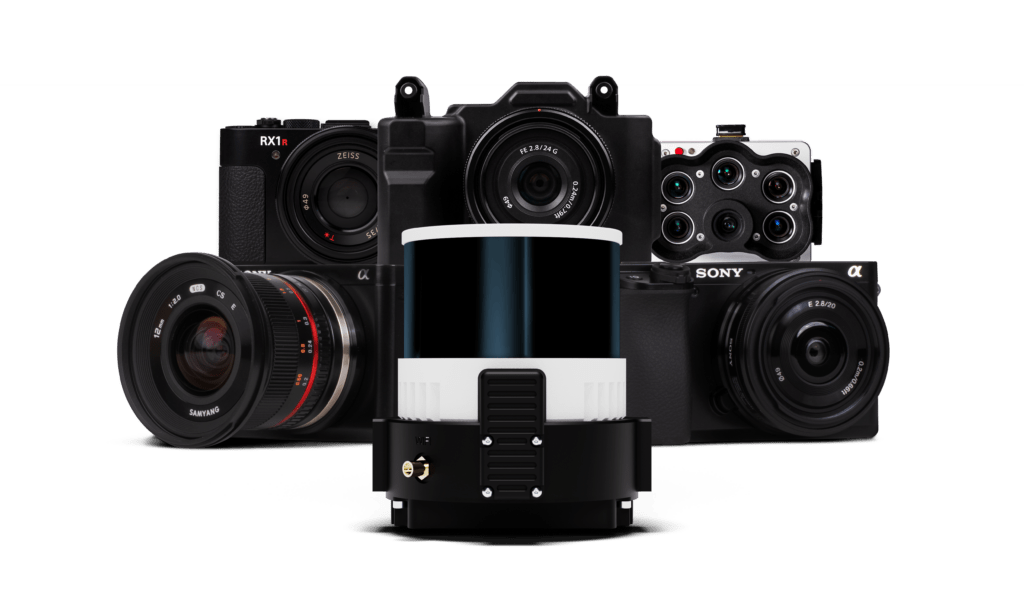Wingtra Introduces Advanced LIDAR Drone Solution for Precision Mapping
Wingtra is a leading drone technology company specializing in the development and manufacturing of high-end drone solutions. Today, Wingtra has announced the launch of its groundbreaking LIDAR drone solution, marking a significant leap forward in drone-based LIDAR technology. The new Wingtra LIDAR payload seamlessly combines the efficiency, operational simplicity, and unrivaled precision of the WingtraOne GEN II drones with an advanced Wingtra-engineered LIDAR sensor, establishing a new industry standard.
Julian Mackern, Product Manager at Wingtra, expressed his enthusiasm: “We’re excited to deliver a LIDAR drone mapping solution to our customers, which we’re confident will exceed their expectations, cut their costs and headaches, and win them more bids. We’re already seeing our first customers comment how surprisingly easy it is to set up, fly and generate a high-quality point cloud. And as always, we keep our promise with the data: high-precision, reliable and repeatable.”
Wingtra’s innovative solution has already garnered global attention, with customers across diverse sectors embracing the WingtraOne GEN II for its efficient, secure, and frequent mapping capabilities, facilitating photogrammetric analysis of various worksites. The integration of the meticulously crafted LIDAR payload offers a comprehensive solution, spanning the entire project lifecycle from inception to execution and ongoing maintenance.

 By incorporating a state-of-the-art Hesai scanner, Inertial Labs IMU, and NovAtel GNSS, Wingtra LIDAR substantially reduces the need for labor-intensive post-processing strip alignment, providing precise terrain data immediately following each efficient flight.
By incorporating a state-of-the-art Hesai scanner, Inertial Labs IMU, and NovAtel GNSS, Wingtra LIDAR substantially reduces the need for labor-intensive post-processing strip alignment, providing precise terrain data immediately following each efficient flight.
Carlos Femmer, Director of Data Acquisition at HDR, shared his experience testing the Wingtra LIDAR payload: “We’re seeing [USGS topographical] quality level zero results on hard surfaces, which are quality results. We were able to test the horizontal and vertical strip alignment quality. We looked at both vegetated areas and non-vegetated areas, and it’s very clean, it aligns well. There’s minimal noise as compared to other LIDAR sensors in this price range and it delivers exceptional overall precision.”
One of the notable advantages of Wingtra LIDAR is its ability to minimize field time, requiring no calibration and initializing in just one minute. The user-friendly Wingtra LIDAR app and automated experience empower users, even novices in LIDAR data capture, to swiftly build confidence, saving at least an hour per survey compared to rival systems.
Leo Liu, Director of Mapping Solutions at Inertial Labs, praised the efficiency of the system: “Wingtra LIDAR capture and processing is super efficient. Technically, if you have everything structured, it’s literally one click and it’s done to get you to that point cloud. In terms of drone LIDAR capture, the goal is that it has to get cheaper and simpler to use. And the good news is that that’s happening with Wingtra.”
Wingtra LIDAR boasts a vertical accuracy of 3 cm (1.2 in), validated by leading customers as top-of-the-line from a flight height of 60 m (200 ft). Its exceptional point density, combined with the WingtraOne GEN II’s design and automated flight patterns, ensure consistency across different pilots.
Femmer further elaborated on the sophistication of LIDAR data capture and the uniqueness of Wingtra’s system: “Wingtra’s automated LIDAR capture is, in my opinion, better than other systems in this price range. I can send three different pilots to the same location and get the same quality result processing on the back end.”
Note: Strip alignment during post-processing on alternative drone LIDAR units typically requires half an hour due to lower-quality IMU performance, resulting in misaligned data capture. This, coupled with initialization and calibration for each flight, drains flight battery and diminishes overall mission efficiency.
Read more:


